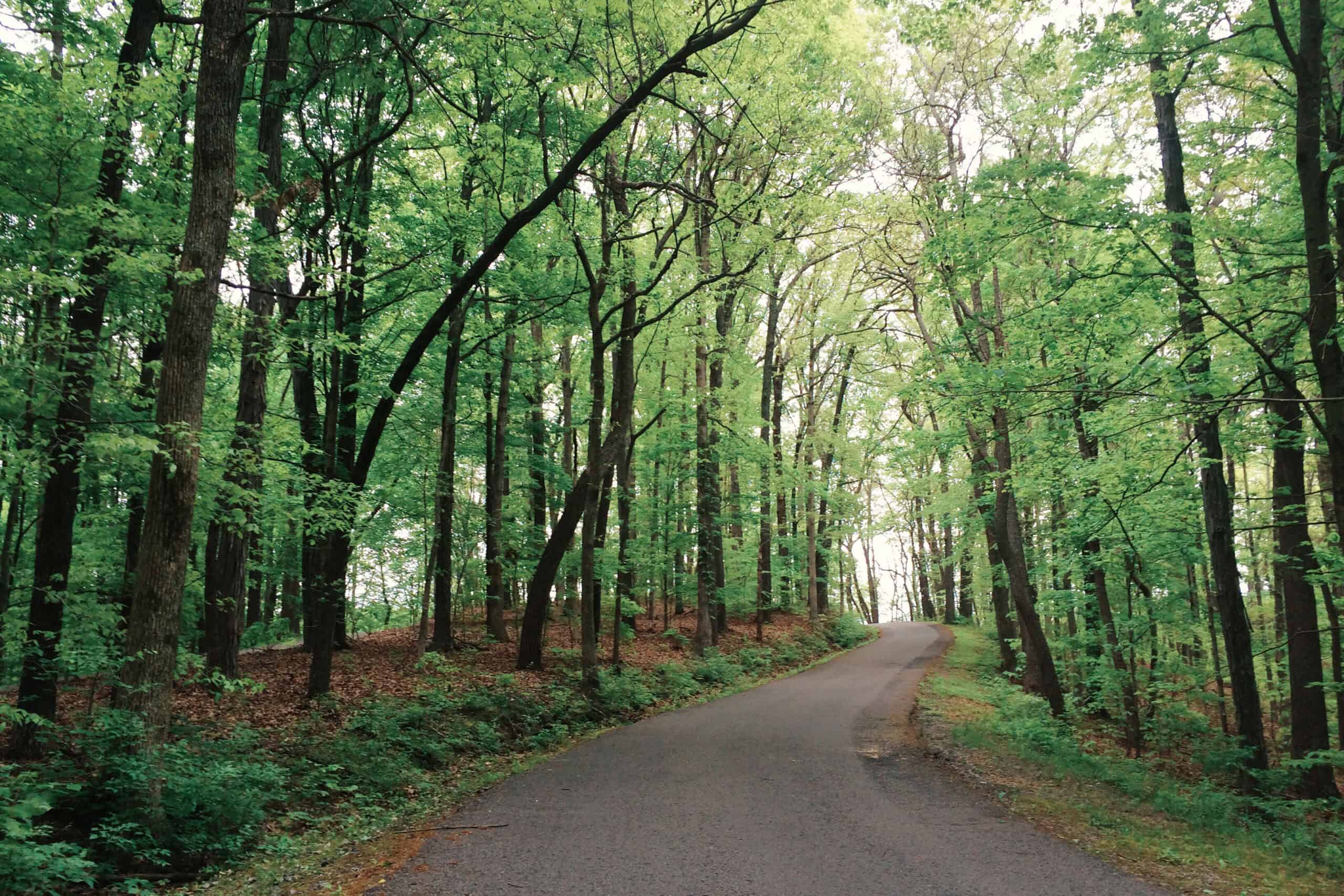A recent study published in Scientific Reports has revealed that spending time in areas with a diverse range of natural features and species can lead to stronger improvements in mental wellbeing compared to areas with less diversity. Researchers used a smartphone application called Urban Mind to collect real-time reports on mental wellbeing and natural diversity from nearly 2000 participants.
The citizen-science study found that environments with a larger number of natural features like trees, birds, plants, and waterways were linked to increased mental wellbeing. These benefits were found to last for up to eight hours. Lead author Ryan Hammoud, a research assistant at the Institute of Psychiatry, Psychology & Neuroscience at King’s College London, suggests a new approach to urban parks that mirror the biodiversity of natural ecosystems. This means moving away from heavily curated monocultural areas with mown grass, which typically have low biodiversity.
The results of the study provide a compelling basis for creating greener and healthier urban spaces. By understanding how natural diversity boosts mental wellbeing, researchers aim to guide the development of urban areas towards spaces that promote overall wellness. This shift in thinking could lead to the creation of more diverse and vibrant parks that offer a range of natural features for people to enjoy.



